Interviews
Collaborating on Ato Kwabena: An Interview with Elorm Condobery, Alphonse Menyo, and Ama K. Abebrese.
Published
1 year agoon

‘Ato Kwabena‘, an upcoming Ghanaian film set for its official release is already starting to garner some attention. The film’s story follows a young boy’s perilous journey to rescue his kidnapped sister from local criminals, reflecting the resilience and strength required to navigate such unforgiving environments.
This is the directorial debut for Elorm Condobery, an alumnus of the Los Angeles Film School, and is a film loosely based on true events and captures the harsh realities of life in one of oldest communities Ghana, the land of his birth.
In this interview publication with GhMoviefreak.com, filmmaker Elorm Condobery, producer Ama K. Abebrese and one of the film’s leading men Alphonse Menyo share their creative process and the challenges they faced in bringing this gripping narrative to life.
-
Elorm, can you share a bit about your background as a filmmaker and what led you to pursue this path?
Elorm: I grew up in Labadi, a suburb of Accra, which was a challenging place to navigate. To escape the difficulties, I often turned to film. When I was eight, my mom bought a bootleg copy of “Terminator 2: Judgment Day.” It blew my mind. Not only was it the best movie I had ever seen, but it also felt so ahead of its time. I was instantly hooked. Filmmaking captivated me, and my curiosity about the process only deepened my love for film.
-
As this is your debut feature film, what inspired you to make Ato Kwabena? Was it the story itself, a personal connection, or simply the desire to make your first film?
Elorm: Ato Kwabena is a film that holds a special place in my heart, not just because it’s my first project, but also because it’s loosely based on true events from my childhood. Labadi has its share of wild stories, but this one resonated with me since it happened to someone I knew personally. Such situations occur frequently and often go unnoticed, so I’m grateful for the opportunity to shine a light on this particular story.
-
How important was it for you to tell a story about Labadi, a community you are deeply connected to?
Elorm: It was crucial for me to tell the story in Labadi to capture its authenticity. Since the events took place there and I grew up in the area, it felt like the perfect setting for the film. I still have strong connections with the community, which really helped during pre-production and production. The best part of it all was the wave of nostalgia it brought I truly felt like I was taking a trip back in time.
-
What was the most challenging aspect of making this film, and how did you overcome those challenges?
Elorm: As an independent filmmaker, you often find yourself wearing many hats. I didn’t just direct the film; I also took on the role of executive producer and more. While juggling these responsibilities can distract from the creative process, I stayed focused on the task at hand. Another significant challenge was the weather. We filmed right in the middle of summer, and the heat was intense. Despite the discomfort, I pushed through because the goal was more important than anything else.
-
How did you find and select your collaborators for this film, and what qualities were you looking for in your team?
Elorm: I felt incredibly lucky, or rather, blessed. My producer, Ama K Abebrese, often said, ‘God kissed this project,’ and she was right. From the moment I arrived in Ghana, I connected with the right people—individuals who shared my passion for the project. It felt like divine alignment. Everyone involved, from my creative producer Kuukua Eshun to my continuity guy Agya Sibor, was driven by their love for the work, which was the only quality I sought. I couldn’t have asked for a better team.
-
What core message are you trying to convey with this film? Do you believe its themes are relatable to your intended audience?
Elorm: My main goal is to raise awareness. Every day, countless atrocities are committed against women that go unnoticed or unpunished. While this story is set in Ghana, these issues are prevalent worldwide. I made this film to shed light on this reality. The message is clear: ‘Let’s protect our women”.
-
After completing ‘Ato Kwabena,’ what’s next for you? Are there any upcoming projects we should look out for?
Elorm: The true goal of any filmmaker is simply to create films. The number I make doesn’t matter; what matters is that I pour my passion into each one, and the audience can feel that. I have several scripts in development, so stay tuned!
-
What advice would you give to aspiring filmmakers, particularly those in the diaspora who are looking to return home to make films?
Elorm: Don’t think about making art, just get it done. Let everyone else decide if it’s good or bad, whether they love it or hate it. While they are deciding, make even more art- Andy Warhol.
Leading man, Alphonse Menyo plays the villainous JAPO in ‘Ato Kwabena’. He shares his creative process with us in these responses.
-
Alphonse, this is your first time playing a villain. How did you approach this role, and what was the experience like for you?
Alphonse: To bring JAPO to life, I spent countless hours observing the real-life individual who inspired the character. By studying his mannerisms, speech patterns, and emotional reactions, I gained a deep understanding of his psychology. This immersion was both exhilarating and daunting, as I delved into the complexities of a masochistic mind. The experience was transformative, forcing me to confront the darker aspects of human nature and ultimately expanding my understanding of the craft.
-
There’s been a lot of discussion about the importance of local dialects in Ghanaian films. As someone who had to speak Ga throughout this film, how did that influence your performance?
Alphonse: Speaking Ga was instrumental in grounding JAPO in his cultural context. The dialect’s unique rhythm and intonation allowed me to convey his emotions with authenticity, making his masochistic tendencies more relatable to the audience. By embracing the nuances of Ga, I was able to create a more nuanced and compelling performance.
-
Reflecting on your character, if given the chance, is there anything you would change about your performance or the way the character was portrayed?
Alphonse: If given the opportunity, I would have delved deeper into JAPO’s backstory to explore the root causes of his masochism. Understanding his motivations would have added a layer of complexity to the character, making him more relatable and nuanced. While I am satisfied with my performance, I believe there is always room for growth, and I am eager to explore the psychological depths of future roles.
-
Actors often face unique challenges in bringing characters to life. What was the most rewarding aspect of playing this role, and what did you learn from it?
Alphonse: The most rewarding aspect of playing JAPO was the opportunity to explore a character who existed on the fringes of human experience. Embracing his complexity allowed me to tap into a raw emotional range that I had not previously explored. This role taught me the importance of vulnerability, even in the most challenging of characters. By embracing discomfort, I was able to create a more authentic and compelling performance.
Seasoned actor and TV personality, Ama K. Abebrese worked on this film as a producer. She this film.
-
Ama K, you took on the role of a producer for this film instead of being in front of the camera. How did you get involved with this project, and what drew you to it?
Ama K: I’ve been producing for a while now. I was contacted about this film by Thompson who was one of the people I was working and mentoring whilst he was I n school at NAFTI. He told me about Elorm and asked if I was interested in coming on board the film. After that, I had a conversation with Elorm when he came to Ghana, and he shared his vision for the film with Kukua (creative producer) and I liked his vision for the film and decided to come on come on board as a producer.
As an actor most people always expect you to act mostly but since I have been I’ve come to realize that I’m appreciating the unique set of challenges that come with producing. For this film, there wasn’t even a question of acting, my focus was to produce.
-
From a producer’s perspective, what was the most challenging part of bringing this film to life?
Ama K: Like most indie films, budget is usually a challenge it can restrict you in so many ways. The director has this unique vision that you are tasked to help make possible, and with more budget, it would be easier. However, you have to find creative ways to achieve what the director wants. Like leveraging on family and friends, to get some locations, asking for discounts where possible and keeping the team as small as possible. Having a great team who believe in the film and are willing to put in the work to get the film done, and we were blessed with a good cast and crew on this.
-
In your opinion, what would be the most rewarding achievement or ultimate achievement for this film?
Ama K: Getting to work with a great cast as crew, who despite challenges put in so much effort to see the director’s vision come to life. Everyone really came through. Filming in Jamestown within the community was also a nice experience.
-
Lastly, why do you believe people should go out and watch this film?
Ama K: It showcases a unique story of childhood being interrupted with harsh realities. It’s not your typical film that you expect, and it features some amazing talent.
With this as his debut film, Elorm Condobery sets the stage for his career as a filmmaker who is not only interested in telling compelling stories that not only entertain but also raise awareness about critical social issues.
This collaboration with producer Ama K. Abebrese, actor Alphonse Menyo and the other talented creatives on the team of this project promises to leave a lasting impact on audiences and we look forward to it.
‘Ato Kwabena’ will be having its Hollywood Premiere on the 15th of October at The Los Angeles Film School at 3 PM.
Go here to reserve tickets.
Second on my list of addictions is Movies.. the only thing I could possibly love more is my Dearest Waakye lol. Nothing else does a better job of reminding me that ANYTHING is possible with the right amount of effort. I have great eye for details and flaws in scripts. Shallow scripts bore me. I am an avid reader. Your everyday Mr Nice guy. Always the last to speak in a room full of smart people. Half Human, half Martian but full MOVIE FREAK.

You may like
-
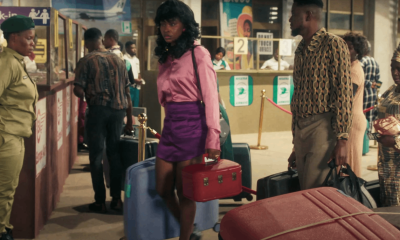

Movie Review: ‘Phoenix Fury’ – A Bold and Brilliant Debut About Loss, Betrayal, Resilience, and Revenge.
-


Shirley Frimpong-Manso Makes Her Theatre Debut with ‘Honeymoon Hotel’ – Courtesy Africa Arts Network
-
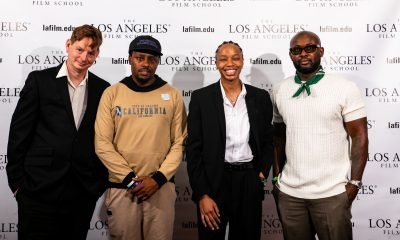

‘Ato Kwabena’ Shines in Hollywood, As It Enjoys A Well-Attended Premiere.
-
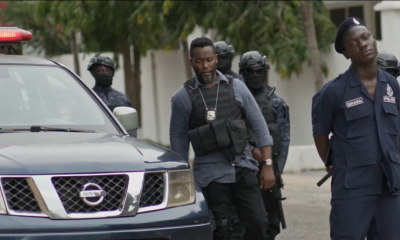

Movie Review – “The Storm” – A Thriller With Intent, Timeless Tropes But Faltering Execution.
-


#NewTrailer – Official Trailer Release for New Ghanaian Film ‘Ato Kwabena’ by Elorm Condobery
-


New Ghanaian Film ‘Ato Kwabena’ by Elorm Condobery Explores Labadi’s Realities and Resilience, Set for October Release.
1 Comment
Leave a Reply
Cancel reply
This site uses Akismet to reduce spam. Learn how your comment data is processed.


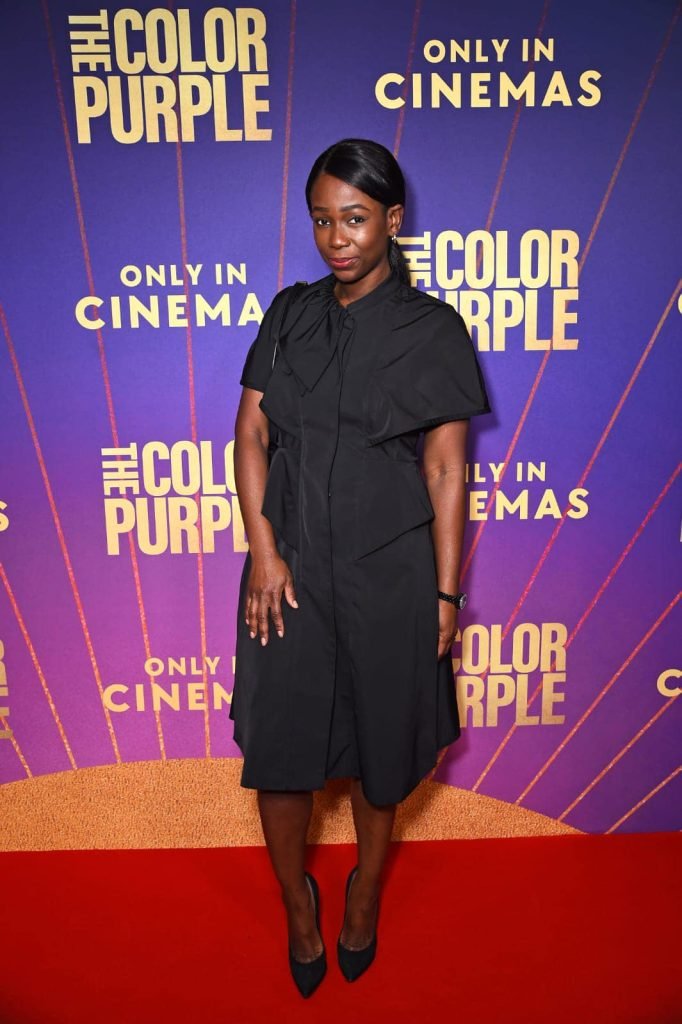
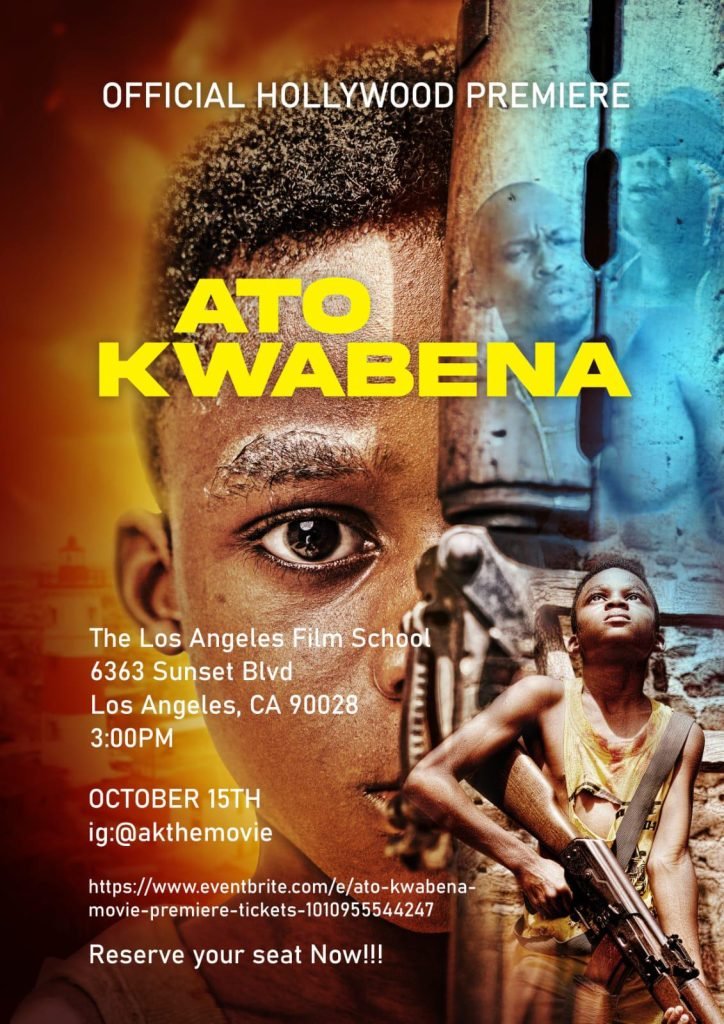
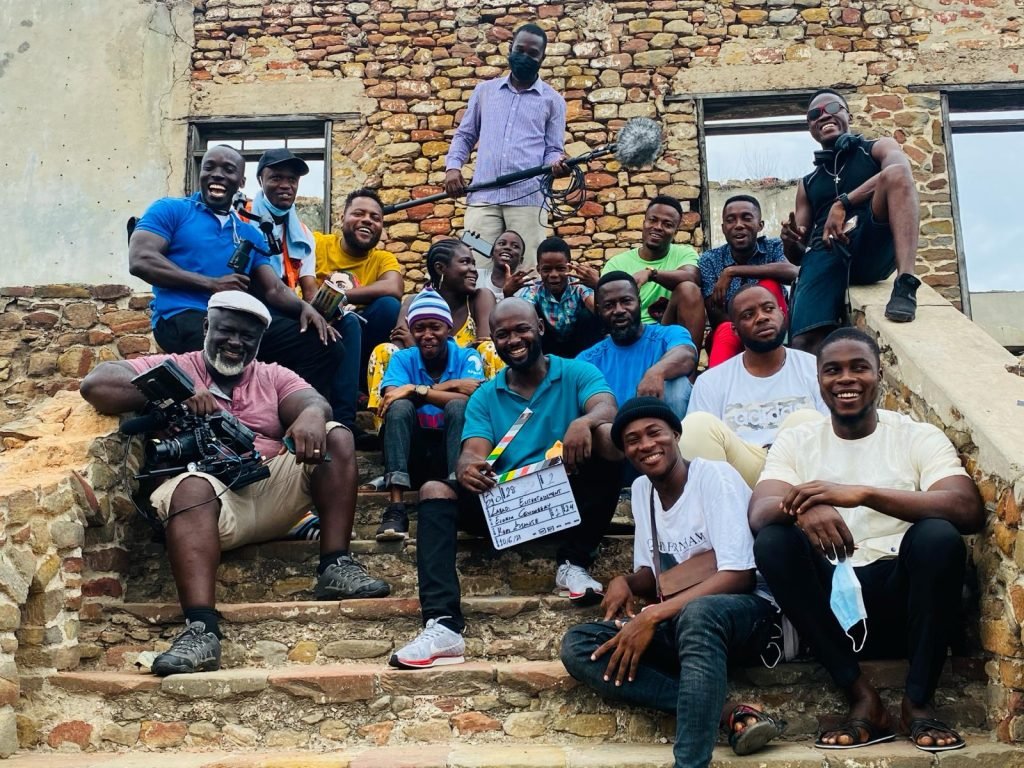











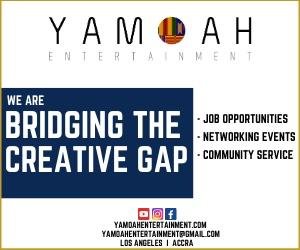
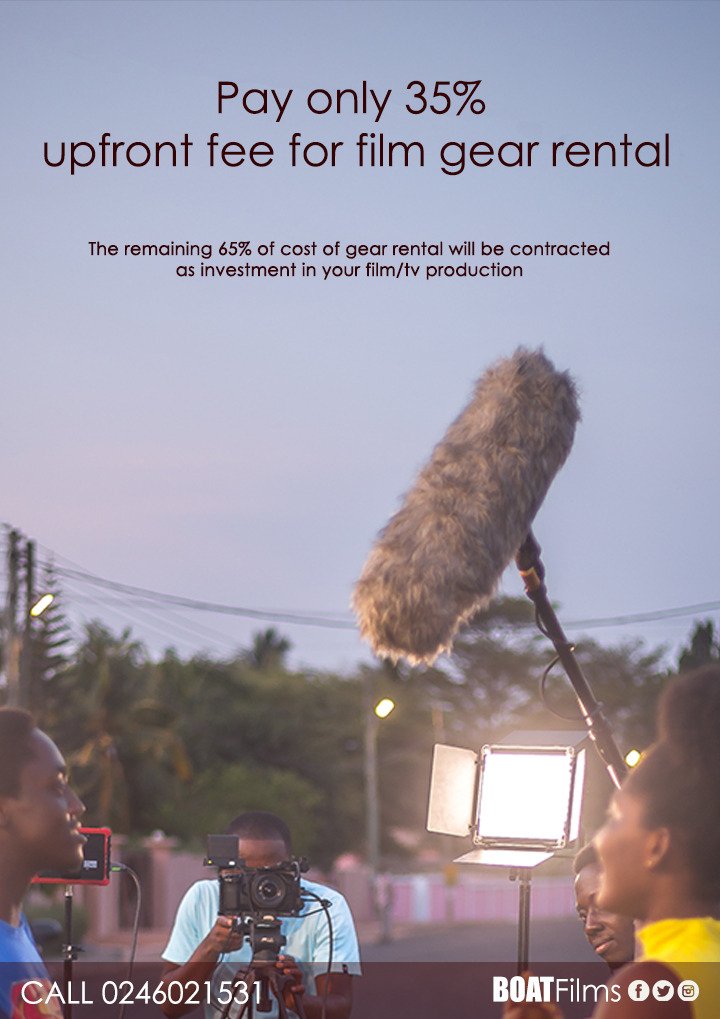
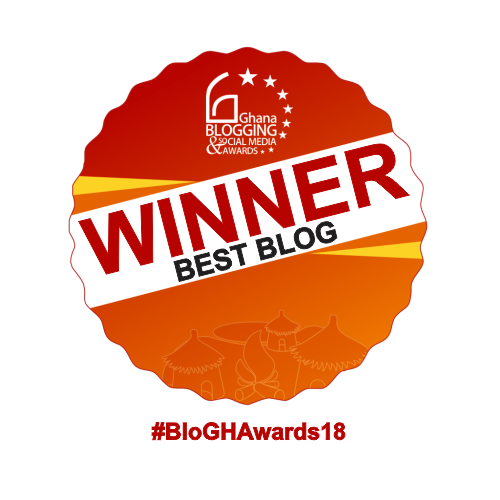

Pingback: 'Ato Kwabena' Shines in Hollywood, As It Enjoys A Well-Attended Premiere. - GhMovieFreak